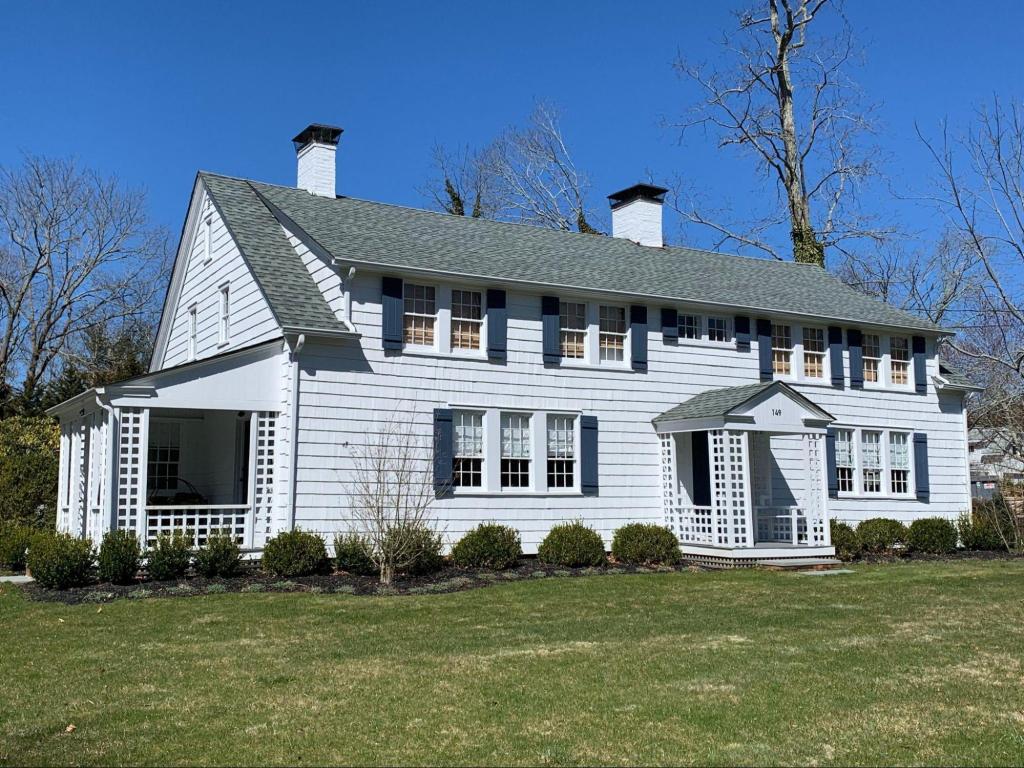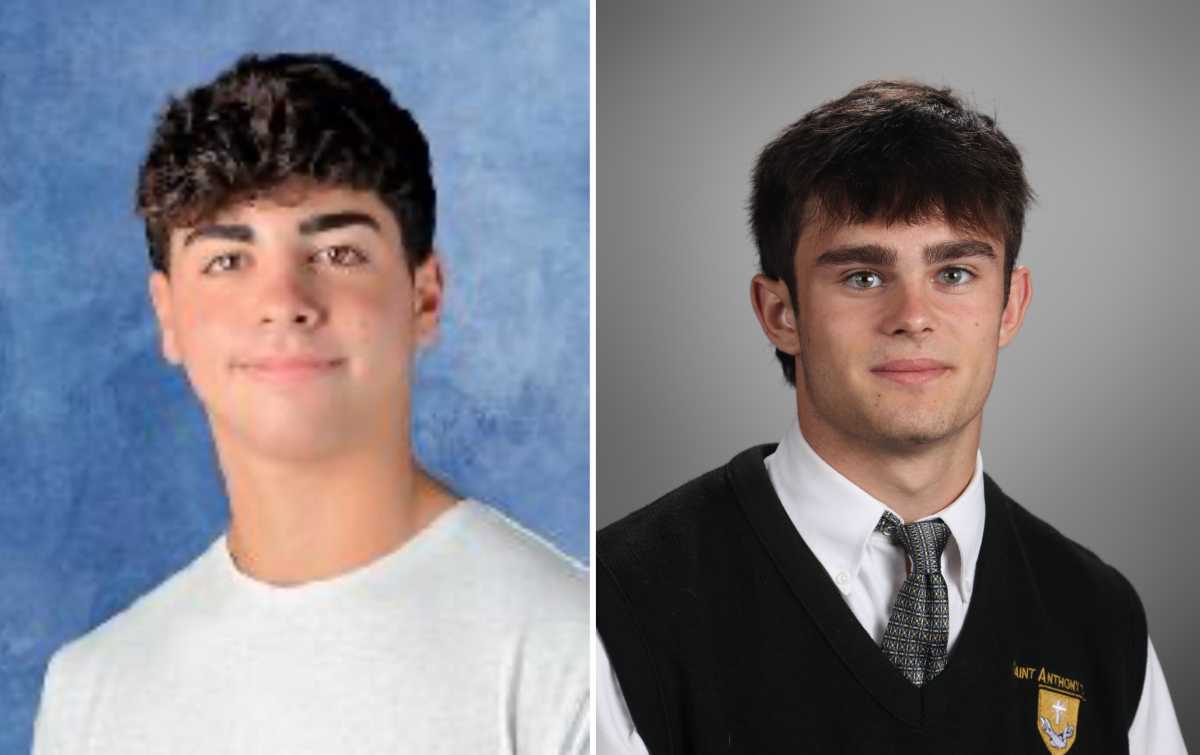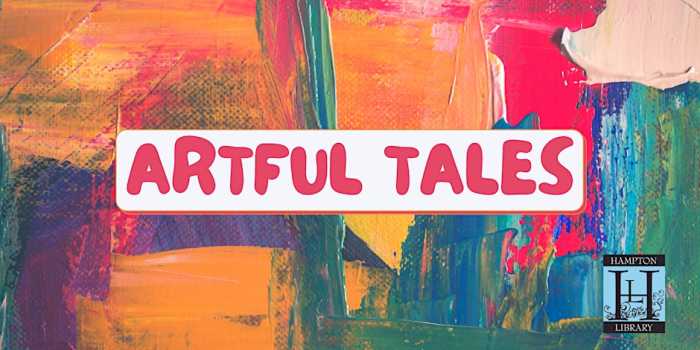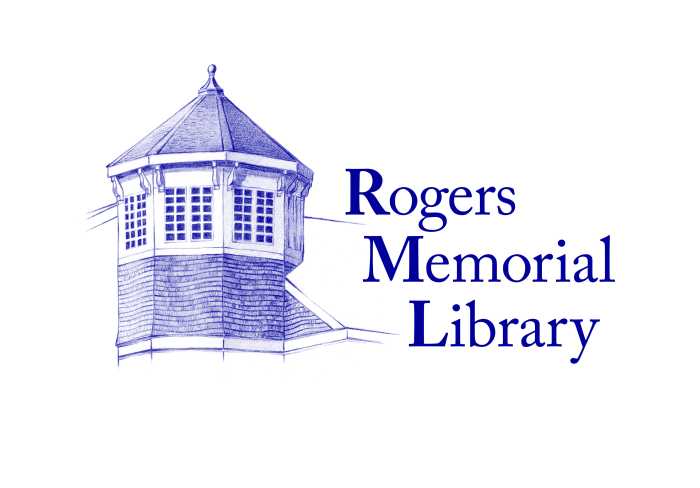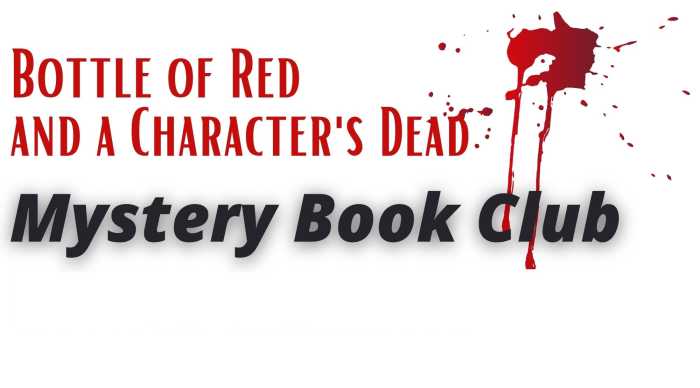Who's Here: Walter Isaacson, Author

Walter Isaacson, the author of the best-selling book Steve Jobs, first came out to the Hamptons at the age of 26 when he was asked to do so by Debbie Wells, a fellow reporter at Time Magazine at the time.
“We’re renting a group house in the Hamptons. Want to join us?”
Isaacson was new to New York.
“What’s a group house? And what’s the Hamptons?”
He soon learned. And he says that coming to the Hamptons was responsible for his coming to write books. Those in this “group” renting on Madison Street in Sag Harbor were all writers or artists. Since then, he’s written six books, among them biographies of Henry Kissinger, Benjamin Franklin, Albert Einstein and the most recent, Steve Jobs, the best-selling biography ever written.
“So one weekend, my friend Evan Thomas, who I went to college with, came out to visit us at our group house. I was a Time writer at this time. The conversation turned to six men who were advisors to Truman, Eisenhower, Nixon and Kennedy during the Cold War. Evan said he’d like to write a book about these men, and I said if he’d write some of it, I’d write some of it.
“Sitting there, talking about it, we thought, well, how do you get it sold, and somebody said you need an agent. So Evan and I walked down the street to Ken Auletta’s house and spoke to his wife, Binky Urban, who is an agent, and we told her about it, and she said she’d take it on, and then we talked about what we would next need, which was someone to publish it, so we walked across the street to the home of Alice Mayhew, and sat on the front porch with her, and she said she always wanted to do a book on these statesmen, and wanted to call it The Wise Men, and she said that she would publish it.
“After that, for the next several weeks, I’d write all night, Evan would pick up writing it early in the morning, and then late in the afternoon we’d get something to eat and dive into the ocean, and then I’d do the night writing again.”
“And I thought, oh, THAT’S how a book gets made. So easy. I’d been a reporter for years since college. Who knew about books? Now I saw there was more freedom in writing books than in doing reporting.”
Isaacson continued to talk about that group house and the Hamptons and how it affected him and continues to affect him.
“I’m from New Orleans. This was really my first experience immersing myself in the creative world that is the New York literary community.
“I have to say this group had great times together. In Sag Harbor, this meant playing in the Saturday morning softball game in Mashashimuet Park. John Leo organized it. He’d write down everybody who showed up on a clipboard and with incomprehensible logic, much of it having do with seniority and houseguests, determine who played on each team. And that’s what we did. That game, and the Artists-Writers Softball Game in East Hampton, that annual affair, are prized experiences in my lifetime.”
Walter Isaacson, who is now 61, grew up in a family home on Napoleon Avenue in New Orleans. His father was an engineer, his mom a real estate agent. The house is still in the family. He was, as a young boy, exposed to just about everything from jazz to politics. And then he got his first brush with something that made him think he might be a writer.
“When I was 10 years old, I had a best friend named Tom, whose uncle was a writer named Walter Percy. Uncle Percy, as we called him, lived on the Bogue Falaya north of Lake Pontchartrain. We’d drive up there for the day for fishing and hunting and turtle catching. And there would be Uncle Percy, in the house, writing on the typewriter. I noticed that whenever we went there, that’s what he was doing, so one day, I asked Tom ‘what does he do?’ and Tom said ‘he’s a writer.’ A few years later, his first book came out, The Moviegoer. I read it. I thought, I get it. This is cool. There were messages, spiritual messages for me in these pages. I realized you could be an engineer or a doctor or a fisherman or, even a writer.
“One day, years later, I asked Uncle Percy’s advice on writing. He said, ‘There are two types of people who come out of Louisiana, preachers and storytellers. For God’s sakes, be a storyteller. There are too many preachers in the world.’”
Isaacson went to Newman School in New Orleans and then to Harvard, where he was in Lowell House and worked on The Lampoon. He earned a degree in history and literature. After college, he went to England as a Rhodes Scholar and studied at Pembroke College. He also worked there for a while at The Sunday Times of London.
He did think briefly at Oxford to make a career out of philosophy. He had written a dissertation and showed it around to several philosophy professors he admired. None were too impressed.
Returning to New Orleans, he got his first job in America as a reporter at The New Orleans Times Picayune. While there, he received two unsolicited job offers.
“Earlier, when I was in London,” he told me, “I got to know a person who worked at the U. S. Embassy. He turned out to be the station chief at the CIA there. When I got home, he had someone come to New Orleans to offer me a job. I asked, ‘Would I be an agent?’ He said, ‘No, we’d want you to do analysis in the office.’ I said I’d think about it. But I really was disappointed. I thought, CIA? I could be an agent. But this was not on the table.”
The other job offer came about because of a coincidence. An editor at Time Magazine was in town.
“There had been a mayoralty race that year in New Orleans. I had predicted in the paper the order in which the six candidates would finish, and, by chance, got it right. At that time, Time Magazine was looking to hire new reporters from what they called ‘out there’—‘out there’ was anywhere but New York. One of the editors they had sent out was in New Orleans during the mayor’s race. He offered me a job to be a Time Magazine reporter. That’s what I took.”
In New York, or actually in Sag Harbor that summer, he came to meet the woman who was to become his wife. Cathy had been studying law at Boston University when Walter was at Harvard, but they had not formally met. Now she was out visiting friends and it was here they got together.
“Cathy at that time was working at a law firm doing work for Mort Zuckerman’s real estate firm in Boston called Boston Properties. Sometimes she’d hitch a ride with Mort when he flew down from Boston to East Hampton. It took her 20 minutes to get here. As for me, it was a three-hour drive from the city.”
The engagement party for this couple was held at the home of John and Jackie Leo in Sag Harbor. He and his wife have a daughter, Betsy, now 22, and working for The Huffington Post in New York as a tech person.
Isaacson’s career, since those days in the mid-1980s, has been nothing short of stunning.
Continuing his work at Time magazine over the next 18 years, he wrote his second book, Kissinger: A Biography, in 1992. In 1996 he became editor of Time magazine, and in 2001, the CEO of CNN. In 2003 his book Benjamin Franklin came out to glowing reviews, and in that year he was asked to become the director of the Aspen Institute, the think tank with offices in both Washington and a 22-acre campus in Aspen Colorado. Aspen Institute has programs about education, the environment and foreign policy, has many seminars big and small, and public conferences. He is the President and CEO of the Institute today. In fact, I was interviewing him in their Manhattan office.
If Steve Jobs is the most popular #1 best-seller he has ever written, something really needs to also be said about his other biographies. I have read three of them cover-to-cover. The Jobs book describes a difficult, brilliant man whose concepts have changed how we run our lives. But the same can be said for Benjamin Franklin, who helped guide the run-up to the Revolution and then went off to France to represent this new nation.
Albert Einstein also changed the way we see the world. Isaacson describes the extraordinary circumstances and coincidences that allowed the playful mind of this man to run along lines never thought of before. He also describes a delightful, good-humored man so pleased to have made such an accomplishment, and so determined to build upon what he thought of, although he was never able to do so.
In addition to his writing his books, Isaacson has done considerable government service. In October of 2005, he was appointed vice chairman of the Louisiana Recovery Authority, a board that oversaw the spending on the recovery from Hurricane Katrina. In 2007, he was appointed by President George W. Bush to the chairmanship of the U.S.–Palestinian Partnership, a group that seeks to create economic and educational opportunities in the Palestinian territories. In 2009 he was appointed by President Obama to be Chairman of the Broadcasting Board of Governors, which runs Voice of America, Radio Free Europe and other international government broadcasting operations. He has been on numerous other government boards.
Earlier this spring, Isaacson received the 2013 Guild Hall Achievement in Literature Award. The event was held in the grand ballroom of the Plaza Hotel in Manhattan, and presenting it to him was his good friend since his Sag Harbor singles days, Ken Auletta.
“Walter’s book Steve Jobs was the best-selling book in the world last year,” Auletta said, accurately. “But in many ways, Walter is as unique an individual as Jobs. For example, he only urinates once every two weeks.”
Walter Isaacson would have this award no other way.
